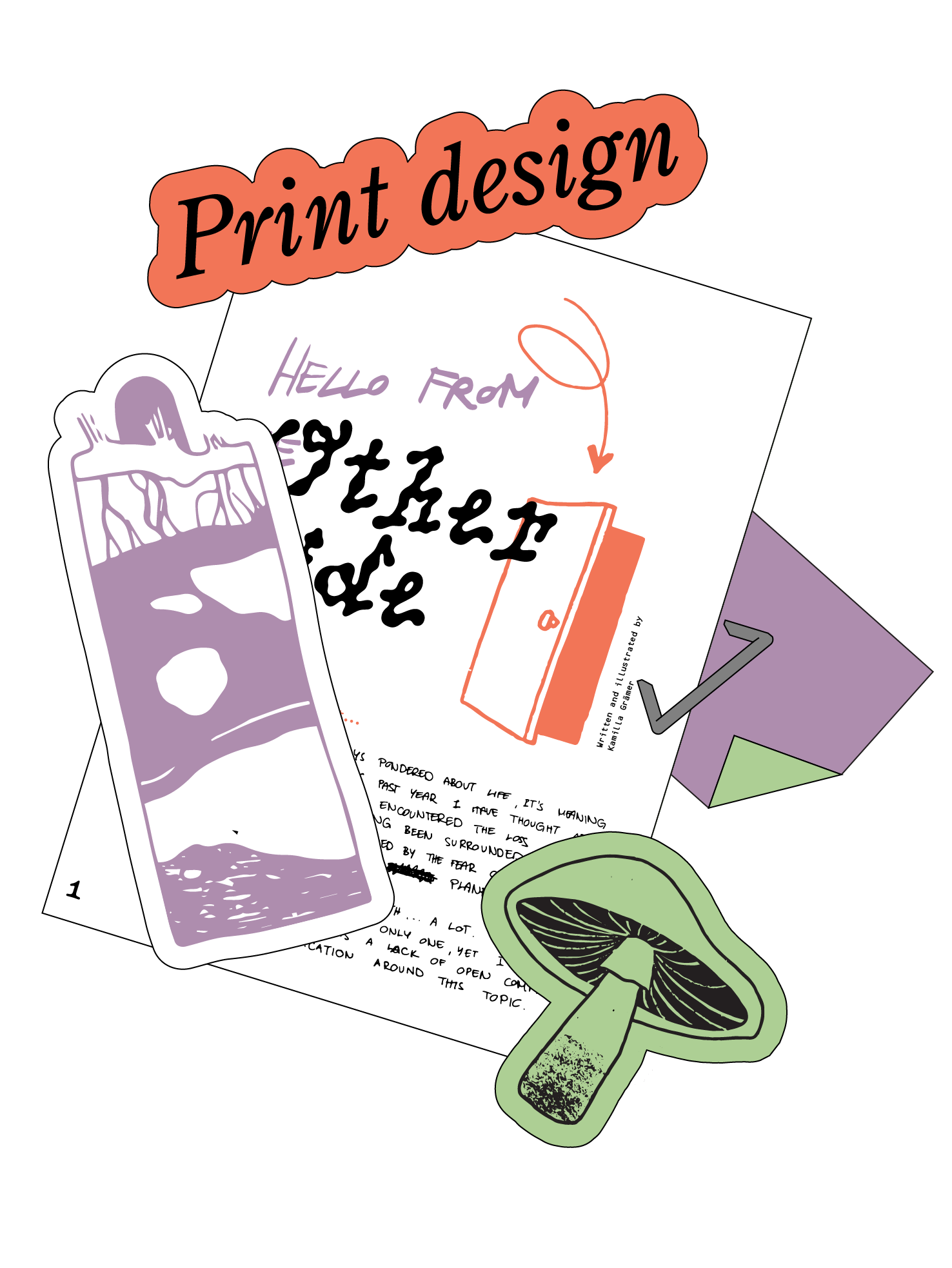Funerary services in Finland are deeply religiously rooted, with funerary services largely governed by the Evangelical Lutheran Church of Finland. Statistical evidence on the other hand shows the growing trend of secularisation in Finland, presenting an evolving need for more personalised funerary services that align with the population’s diverse beliefs about death.
In this Thesis I explored the relationship between the religiously governed funerary service system of Finland and the country’s changing religious composition. Every year less and less people identify with institutionalised religions, which makes the way death services are conducted arguably outdated.
Through interviews conducted with stakeholders from key orgainastions in the Finnish Funerary Service System (FFSS), I propose a service design solution to catalyse socially and environmentally sustainable change.
The focus of my research was the service system that exists between will or testament writing and the funeral itself, since this was determined as a possible point of intervention in the system.
Currently the FFSS looks somewhat like this:
After discovering the key hindrances to the development of the FFSS, they are framed as possible points of leverage based on Meadows’ (2008) 12 points of leverage to changing a system.
Based on the research findings, I concluded that the centralisation of data about funerary needs could catalyse changes in the FFSS and even lead to increased service offerings in Finland.
As the result of my thesis, I created a blueprint for a new service, incorporating will and testament writing into one platform. This not only improves the currently fragmented nature of the service, but creates a valuable set of data for stakeholders in the FFSS to see the needs of the future deceased.
This allows service providers to cater to future needs rather than those of the past.






